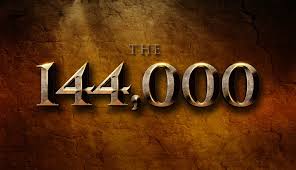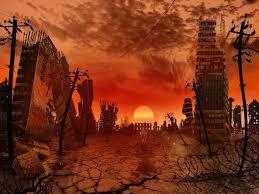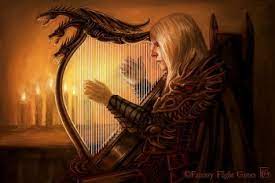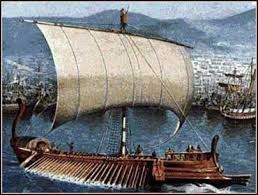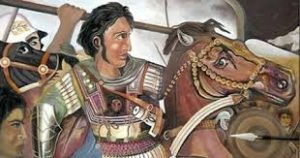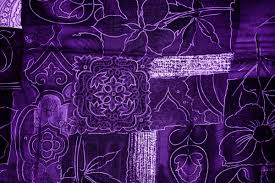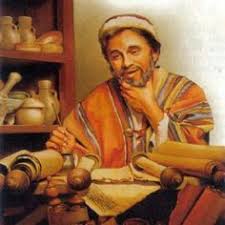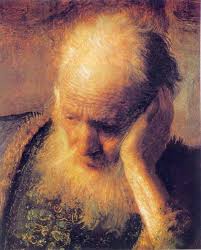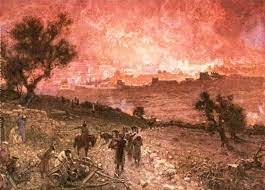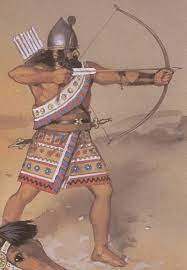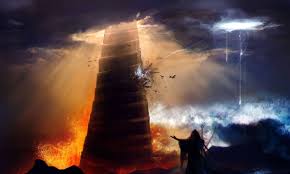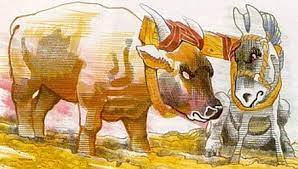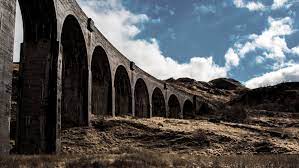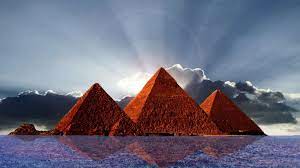Ey – They Will Be Herded Together Like Prisoners 24: 21-23
They Will Be Herded Together Like Prisoners
24: 21-23
They will be herded together like prisoners DIG: Whom does YHVH judge in that day? Why are they herded together like prisoners? What is the ultimate purpose of this judgment? Why, in spite of all the destruction foreseen here, is this really good news? How does your answer relate to 11:10?
REFLECT: What do you learn about ADONAI from considering His past judgments (such as Noah’s Flood, or the fall of specific nations)? In comparison, what do you learn when you consider God’s future glory, which will eclipse even the sun and the moon? Where will Yeshua be? Where will you be?
In that day, at the end of the Great Tribulation, two groups will be judged. First, the LORD will punish the powers in the heavens above, and secondly, the kings on the earth below (24:21). We see a judgment of wicked angels above the earth and wicked men below on the earth. Both are confined in some manner, like prisoners in a prison. The dungeon (pit in the KJV) is for humanity. Tartarus, which was a term used by the Greeks to designate the place where the most wicked spirits were sent to be punished (see the commentary on Genesis, to see link click Cb – But Noah Found Grace in the Eyes of the LORD), or the abyss (Luke 8:33 and Revelation 9:1), is for the fallen angels.
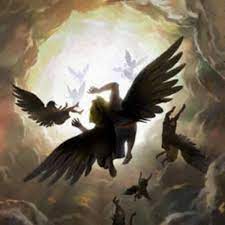
They will be herded together like cattle, or prisoners bound in a dungeon; they will be shut up in prison and be punished after many days (24:22). Their punishment refers to the judgment after the thousand years of the Messianic Kingdom, when all the unrighteous will have to stand before Yeshua who is the Judge (John 5:21-27; Acts 10:42; Phil 2:9-11), and be held accountable for all their evil deeds and lack of faith in Him (see the commentary on Revelation Fo – The Great White Throne Judgment). It will be a glorious day for believers and a horrible day for those judged.
Once again, here the structure of Revelation is like the Little Apocalypse of Isaiah. After the thousand-year Messianic Kingdom (Revelation 20:1-6), and the Great White Throne Judgment, the Eternal State is ushered in (see the commentary on Revelation Fq – The Eternal State). At that time, the moon will be abashed, the sun ashamed; for the LORD of heaven’s angelic armies (CJB) will reign on Mount Zion and in Jerusalem and before its elders, gloriously (24:23). The light of the moon and sun will be decreased in the New Jerusalem because of the brilliance of the Sh’khinah glory, the very presence of God (see the commentary on Revelation Fv – Nothing Impure Will Enter the New Jerusalem). The evil powers in the heavens and on the earth will be vanquished, imprisoned, and punished and God will reign supreme on Mount Zion.




